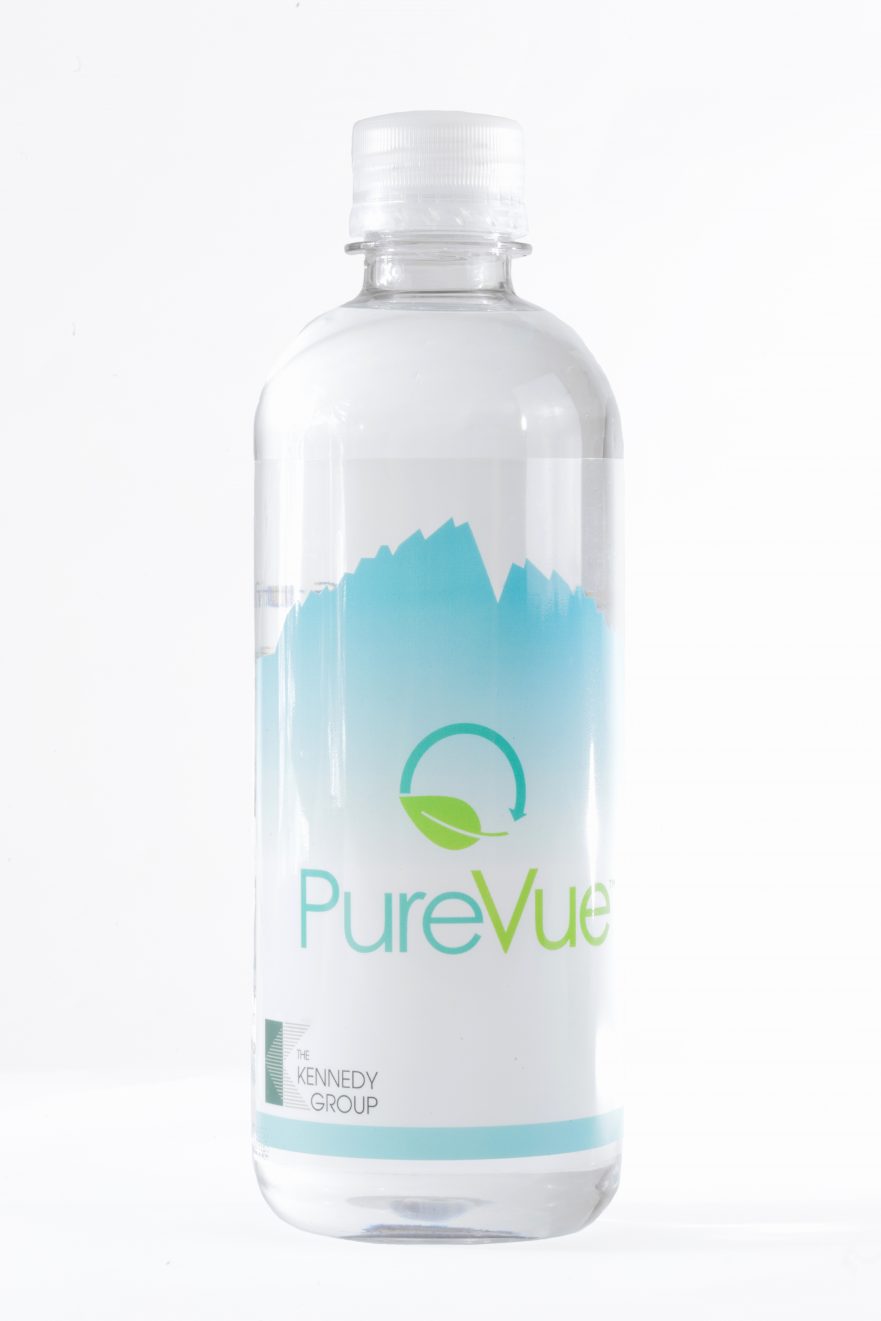Enhance Eco-Friendly Programs
Today more than ever, brands are facing increasing pressure to improve their environmentally-friendly initiatives, including finding more sustainable labels to use in packaging.
Major retailers — like Target, Walmart, and Kroger — have sustainability requirements for their suppliers. Investors at all levels have increased their focus on the environmental, social, and governance (ESG) measures of companies in their portfolios. Consumers are now more likely to consider green or sustainability initiatives of companies and brands before buying their products.
In fact, customer scrutiny of sustainability in labeling and packaging has never been higher, and it’s the one touchpoint that everyone — retailers, investors, and consumers — can easily point to and see every time they enter a store. And it’s becoming increasingly apparent that it’s necessary scrutiny as environmental issues continue to grab headlines, drive decisions, and force forward-thinking.
Recycling efforts are essential. For instance, for every 10 pounds of aluminum recycled, an estimated 37 pounds of carbon emissions are eliminated from the air. But labeling issues sometimes prevent recyclable material from being processed and/or force it into a landfill. And once there, the missed opportunity is huge; Aluminum cans can take 80-100 years and plastic bottles 700 years to decompose once deposited into a landfill.
Considering Sustainable Labels
With decisions about your product, all roads lead back to the customer. According to research from Nielsen, the majority (73%) of global consumers say they “would definitely or probably” change their consumption habits to reduce their impact on the environment.
The trend is obvious: Customers care about sustainability, and the younger the customer, the more they care. As time goes on, the purchasing power and, therefore, leverage of younger generations will only grow. Many large corporations are already implementing strategies to address this, so this trend will eventually affect midsized brands as well.
As the demand for sustainability picks up steam, there’s an important decision some brands might still need to make: When a retailer, investor, or consumer picks up my product, do they see my packaging and labels as a seamless extension of my brand’s commitment to sustainability? Or do they see disconnects in how my company talks about sustainability and how we package and label our products?
Not deciding is a decision in itself, as your label is the face of your brand in the marketplace. Consumers are already beginning to stop picking up less-than-eco-friendly products. At The Kennedy Group, an Inovar company, we’re proud to offer PureVue® as a sustainable label solution that proves your commitment.
Choose PureVue® For Real Recycling Impact
Most of the plastic beverage bottles in use in the U.S are made from PET (polyethylene terephthalate). PET is the most recycled plastic worldwide as more than 1.5 billion pounds of used PET bottles and containers are recovered each year in the U.S. alone. However, too much of that recycled PET is contaminated by inks, labels, and adhesive residue in the recycling process that make it unsuitable to be used again as food and beverage packaging.
Developed to improve the recyclability of PET containers, the PureVue® Portfolio conforms to the APR Design™ Guide for Plastics Recyclability. This means PureVue® products feature innovations in which the inks do not stain the wash water and the labels cleanly separate from the PET material, resulting in pure PET flakes, the conservation of virgin PET resources, and less landfill waste.
During the recycling process, plastic bottles are shredded and placed into a ‘wash’ — think of it as a heated bath — wherein the PET material or flakes sift to the bottom. In normal processes, labels included in this process bleed ink or adhesive or label material into the flakes. As a result, these flakes are recycled but will be of a lower (non food-grade) quality.
With PureVue® labels featuring CleanFlake(™) adhesive technology, the recycling process doesn’t result in contaminated flakes. With PureVue® labels, they are ‘activated’ by the temperatures of the process and release cleanly from the PET and float to the top, locking in the inks associated with the label in the process. The end result is a much cleaner PET flake material, capable of being recycled into future beverage and food containers.
According to Avery Dennison estimates, approximately 560 million plastic bottles are wasted every year in the recycling process due to label issues. PureVue® helps eliminate that concern and can help drive true bottle-to-bottle recycling and more food-grade recycled PET. This dramatically boosts the sustainability of the product, cuts emissions, and saves energy.
PureVue® will enable product manufacturers to further their environmental commitment with a production choice that directly affects the recycling process and the availability of needed recycled PET material in the future.
Go deeper: Learn more about the processes PureVue® uses to increase the recyclability of products while providing sustainable labels.
Lean on The Kennedy Group, an Inovar company for Sustainable Labels
With nearly 50 years of providing innovative solutions to packaging and labeling needs, The Kennedy Group, an Inovar company’s long history of finding unique solutions to challenging problems is a strength in the current environment where everyone is looking for ways to develop eco-friendly initiatives.
Connect with The Kennedy Group, an Inovar company today to learn more about PureVue®, our sustainability efforts, and how we can find the solutions you need for labeling and packaging, material handling, and RFID asset management.


